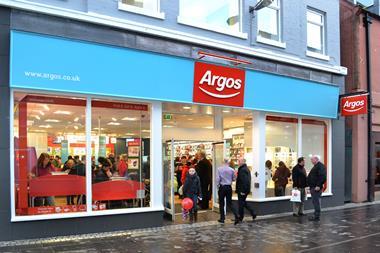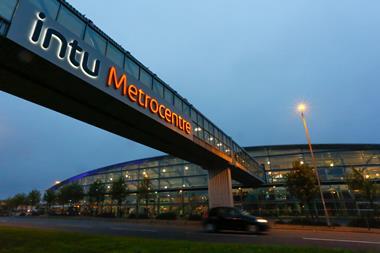It is time to eradicate the phrase ‘convenience store’ from retail.

At present, we know ‘convenience stores’ as Tesco Express, Sainsbury’s Local, the Co-op, Nisa and countless other brands. They stand in train stations, on street corners and in petrol forecourts across the country. Initially known as ‘corner shops’, they dominated British food sales until the 1950s.
While the creation of the self-service grocery store led to the rise of out-of-town supermarkets in their place, the corner shop has enjoyed a revival since the 1990s as major supermarket chains have invested in the format, rebranding it as a ‘convenience store’.
These stores should still have a bright future by catering for emergency purchases of milk, toothpaste, and dinner for tonight. But in the era of Amazon, click & collect and multichannel shopping, calling them convenience stores disregards the shopping revolution taking place.
For a start, it implies that other stores are, well, not convenient.
The ‘big four’ supermarket chains - Tesco, Asda, Sainsbury’s and Morrisons - have already made this mistake. They poured millions of pounds into small shops and their online operations at the same time as losing sight of why their large stores existed. As prices edged upwards and customer service worsened, shoppers turned their backs on out-of-town stores in favour of corner shops, the discounters Aldi and Lidl, and online shopping.
Yet, the out-of-town supermarket is probably the most convenient form of shopping there is, offering all the groceries a family could want under one roof. It is also cheaper than shopping every day at corner shops, where prices are marked up to cover the extra distribution costs of running a small store.
A convenience truth
The acquisition by Sainsbury’s of Home Retail Group, which owns Argos, is all about convenience. The £1.3bn deal will lead to Argos concessions being installed into Sainsbury’s supermarkets and Argos click & collect points built into small Sainsbury’s Local shops.
It will help to create a supermarket that can compete with online rivals such as Amazon, which is offering one-hour delivery on thousands of items, including groceries.
In fact, every strategic move taken by physical and online retailers should be aimed at becoming more convenient. Labelling small, corner shops as convenience stores is a path to ruin. All shops need to be convenient stores now. This era of convenience is important for high streets, and local authorities need to pay attention.
Town planners must have noticed that despite the pressure on the high street and the growth of online sales, shopping centres are thriving. What is more convenient than a centre that offers all the leading fashion brands and places to eat in one location?
The government’s obsession with extending Sunday trading hours shows it recognises the need to make high streets more convenient. But it will take more than longer Sundays for under-performing town centres to bounce back. In order to be truly convenient, they need to offer free car parking, an eclectic mix of local and national brands, and good-quality places to eat.
The popularity of Sainsbury’s Local and Tesco Express shows that shoppers are willing to pay a premium to visit local stores. There is plenty for high streets to fight for. They just need to remember that the convenience store can take many forms.
Graham Ruddick is senior business reporter at The Guardian





























No comments yet